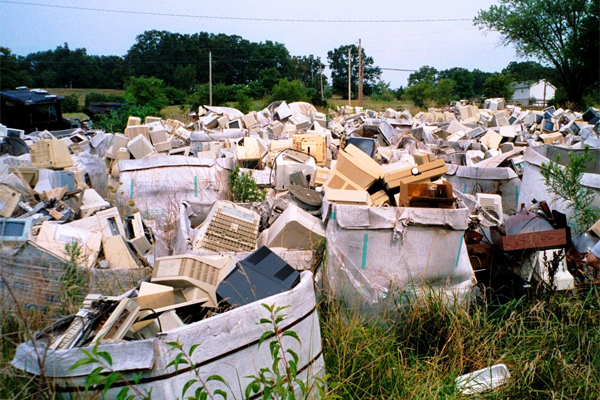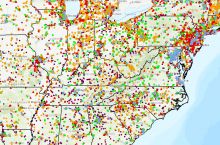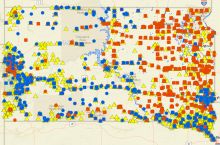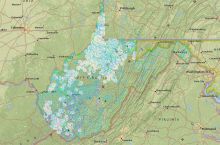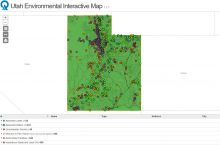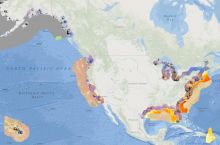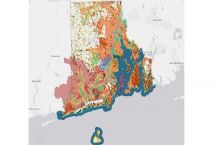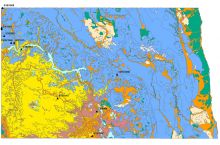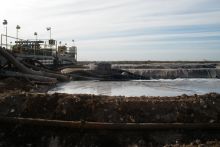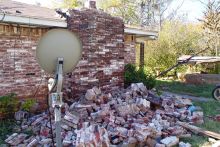Although our industrial society produces a variety of solid wastes and waste waters, over the past 50 years we have made progress in disposing of them safely in landfills, by incineration, and in underground injection wells. Many wastes are also increasingly recycled or reused.
Basics
An essential goal of waste management is to dispose of waste without contaminating water, soil, and air. Many wastes are disposed of safely in engineered landfills, by incineration, and in underground injection wells. All of these processes of waste management are monitored and regulated closely.[1] Waste management can also provide economic opportunity: generating energy from landfill gas; recycling to produce new materials from used plastic, paper, glass, or metal; or composting to produce rich soil from yard and food waste. Read more
Frequently Asked Questions
Do you have a question that's not listed here? Search all FAQs
Explore Related Topics
Climate has an enormous impact on society, with wide-ranging effects on public safety and health, the economy, transportation, infrastructure, and agriculture. Geoscientists investigate our climate's past and present to better understand how it may change in the future.
Water quality refers to whether water is suitable for a certain purpose, like drinking or irrigation. Both natural and man-made factors can affect water quality. Contaminants can include bacteria, metals, and man-made chemicals like pesticides or pharmaceutical drugs.

